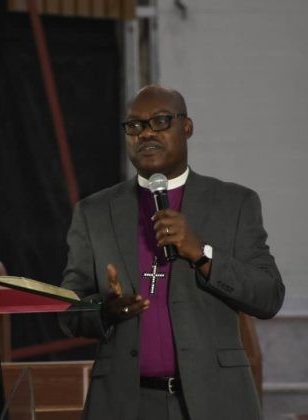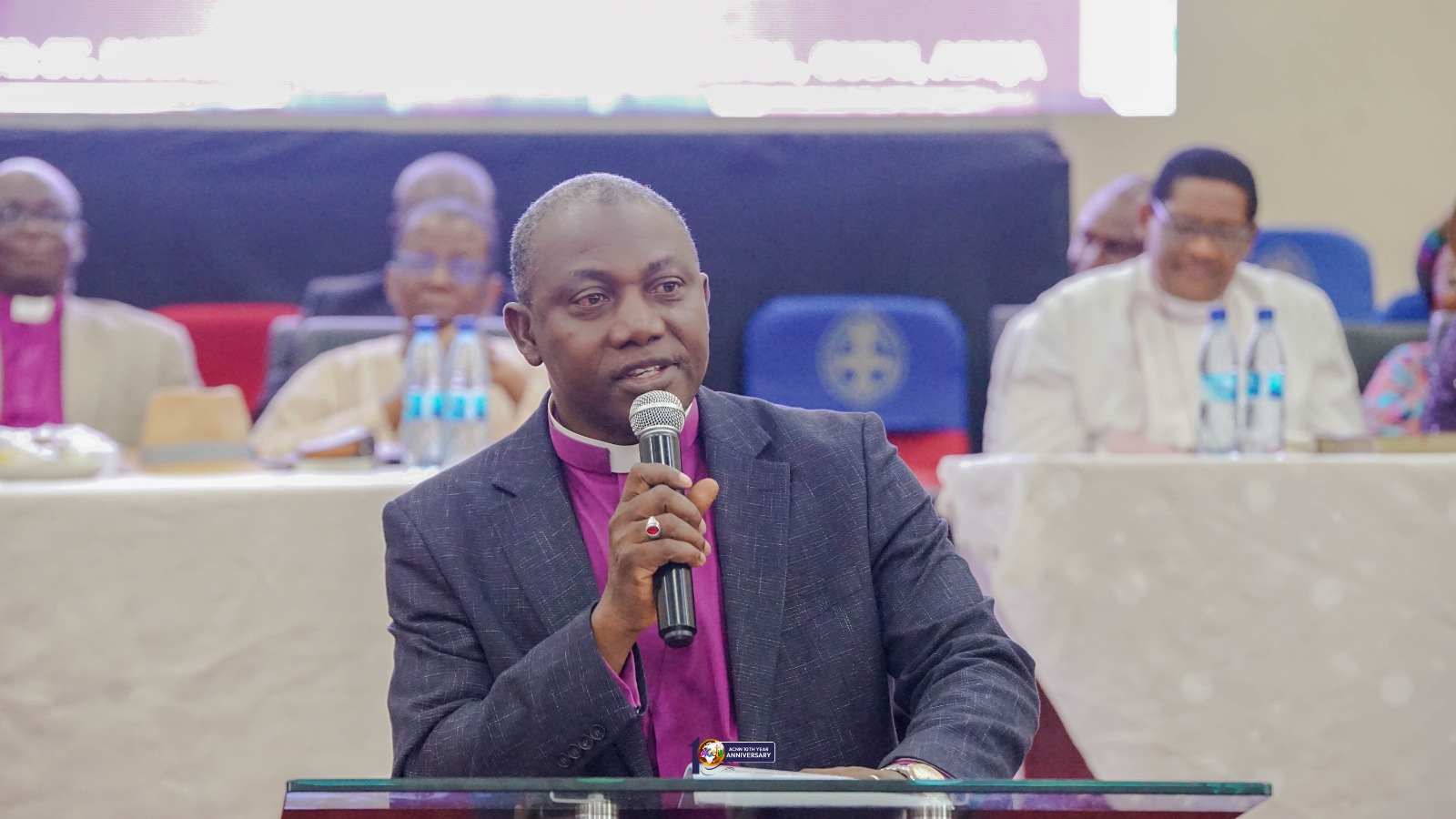We are definitely living in trying times and for many the future is uncertain. All over the world, many have died as a result of the COVID-19 Pandemic and even closer to home here in Nigeria many people have also died. Perhaps a most popular figure thus far in government is the Chief of Staff to the President, Abba Kyari. For the families of the dead, it is sorrowful and their lives will never remain the same, perhaps because their friend, child, husband, breadwinner or associate has died. A vacuum has been created in relationship and family life.
For those who are undergoing treatment for the disease, it is not over until it is over. So there is a lot of anxiety not knowing exactly how it is going to turn out. We pray they all recover. But for those who are not infected the anxiety is no less because they do not know if, where, when or how they might be infected. Hence so much is being asked of them to avoid the disease, especially the need to maintain the protocols. So whichever class one belongs to nothing at the moment is normal.
The worst of all this is that the pandemic has started and we are trying to manage but no one knows exactly when it is going to end and how. The last time this sort of thing happened during the Influenza Pandemic in 1918-1919 millions died across the world. Nigeria lost about 500,000 souls.
Our prayer this time is that it will not be long and that casualty will be low and that soon an acceptable and effective vaccine will be found and authorised for use. And for us as a man of the cloth, we cannot fail to say or sing, ‘Through the love of Christ our Saviour all will be well.’ Not because all is going to be easy or that there shall be no deaths; we wish it was so, but many deaths have already been recorded.
We are only trusting that because the Lord Jesus is in our boat, that he will rise to the occasion as is our prayer now and help calm the storm. We are undoubtedly assured that tomorrow is in his hands, hence we are confident that in all these things we are more than conquerors.
But at the end of this experience what would we have learnt? It is fair to commend the various efforts of government at this time of dealing with the pandemic, including the palliatives being given at various levels. Although with the aid of modern technology, especially the electronic media, the IT and WhatsApp, among others, we see the various ways this is being shared. Our reaction ranges from one of amusement to shedding of tears. What is being offered cannot last one week. But the way they are being shared compromises the health of the same people they are seeking to protect, social distance is not being maintained and in fact, the rush for the items show desperation; and it is evident that some will still end up not having their own share. Surely you will feel sorry or if you like to laugh at the scene. But you might also be scared because the virus could be spreading so easily through the process of distribution.
Perhaps one of the issues here is the evident lack of planning for this kind of thing. Do we ever plan for this kind of thing? Our approach to the present situation suggests that we have not quite given enough thought to how we might handle this and any other moments of emergency.
Many years ago I was Co-ordinating and Anglican Chaplain to Sunderland University I was a member of the pandemic planning group working closely with the City Council in the Sunderland Partnership, imagining the scenario of a pandemic and what might happen and how to respond. Although admittedly, I did not understand it then as I thought that it might be faithless to even invest so much time in such a thing at the time. It is only now that I have come to appreciate more the significance of what was being done at the time.
In 2005 George W. Bush President of the United States of America decided that it was time to begin to plan for a future pandemic. This raises the question of whether we are learning and whether we would have learnt anything for the future at the end of this pandemic.
How do we properly plan for development in a place where we invest a large sum of money in elephant projects some of which are abandoned at the change of leadership either of Governors or the President? Such amounts to colossal waste of our resources.
How do we plan for development where the Post Office does not exist? This is the case in many places. But the importance of the post office is complicated by the absence of well-ordered streets that can take delivery of letters. Some houses are not even-numbered. A friend suggested that our communities, rural or urban communities are growing ahead of the government. Hence we have areas with beautiful architectural design houses but no access or motorable roads. Equally relevant is the question of appropriate statistics about families and the social class of people living in various neighbourhood.
And the absence of these surely will make planning extremely difficult while crimes become impossible to tackle. Vehicles are not linked to any reliable residential address. So in the time of sharing of palliatives, how do we plan for the people let alone know accurately many families are actually in need. There has been a debate about how to share Government funds to help people in this current situation. It has been suggested that it should be through bank accounts and use of individual BVNs. This raises many questions as to who really qualifies and whether every needy person has a bank account let alone a BVN. What about those poor people in villages? The situation is complicated, so are we really going to learn after this?
It seems that we pay lip service only to the issues of development.
Now some of these issues are better delivered via the different tiers of government, namely the Federal, State and Local Governments. But the absence of bastardisation of our local government system in Nigeria has further weakened the hope of the people. No central or federal government can effectively position Nigeria for development unless we devolve power and administration under responsible leadership. That the powers and resources of the Local Government have now been taken over by most state governments is lamentable, an indication of the real problem that faces.
Lastly, the health system of our country has over the years received a humongous amount of money in the annual state and federal governments. Yet it remains to be seen what development there is in our health sector. One positive thing about the current global pandemic is that it has created a level field for all Nigerians otherwise the rich among us would have made their way overseas for quality medical care.
In spite of the health challenges that take our leaders abroad, they fail to provide for Nigerians on their soil the hospitals of the standard they enjoy overseas. What stops us from developing our healthcare system in a way that the link between primary, secondary and tertiary health institutions will be superb, making referrals very easy and care of patients continuous right from the primary to the secondary and even tertiary, if need be? It is not easy to refer people in the current situation unless you have money and you are connected. I lost an uncle for this same reason. You would be a lucky person if you did not die as a result of taking heavy doses of fake drugs.
Would we have learnt anything after this pandemic? I hope that politicians recognise that the best way to do politics is to serve the masses, and by providing the necessary infrastructures and social amenities for the people. We try to conduct online church services but our members have no electricity to watch them. Potable water is a luxury for the majority. Their provision will create a genuine bond between the people and their leaders. It would make the country a liveable place and demonstrate that indeed every soul matters not only to God but also to ourselves.
The Rt. Revd Dr Stephen Ayodeji Fagbemi







